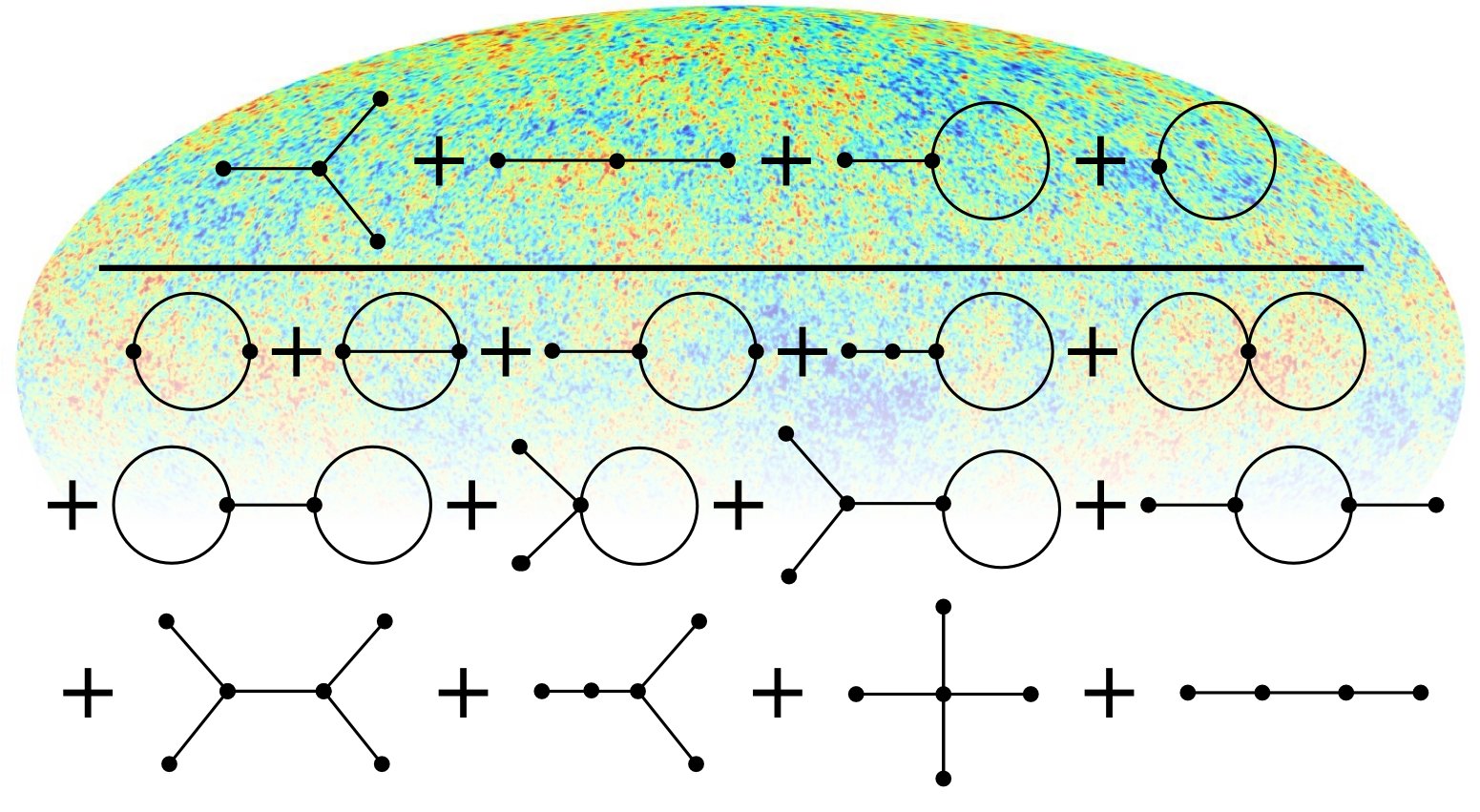About the Project
In order to alleviate the damages of topical cyclones (TC) on human and the society, accurate real-time predictions of the evolution of TCs are crucial. These predictions rely on accurate measurement of the physical parameters of TCs, as errors in measurements would propagate through the prediction algorithms. Doppler radars are popular for monitoring the atmosphere in a remote manner. When the TCs get closer to the land and enter the detection range of doppler radar, it becomes possible to use doppler radars to probe the nature of TCs.
Who will do it?
This is a final year project (2018-19) from the Department of Computer Science, the University of Hong Kong.
Mr Fung Wing Hong, as a final year CS student, would be the one who devote himself into this project. He has 1 year experience in conducting research in astronomical image processing and data analysis. In particular, he designed statistics for inference of underlying physical parameters from telescope signals.
With this experience, he shifted himself into meteorological computation, and is looking for the application of computational statistics in observational meteorology. Radars, being a important measurement tool in meteorology, would be his playground for having fun with computational statistics.
Dr. CL Yip, the convenor of the Laboratory of Meteorological Computing in the University of Hong Kong, would be supervising this project. He has supervised about a hundred MSc and undergraduate final year projects, and has been involved in various projects such as the 1083 Telephone Enquiry system and various projects with the Hong Kong Observatory.






